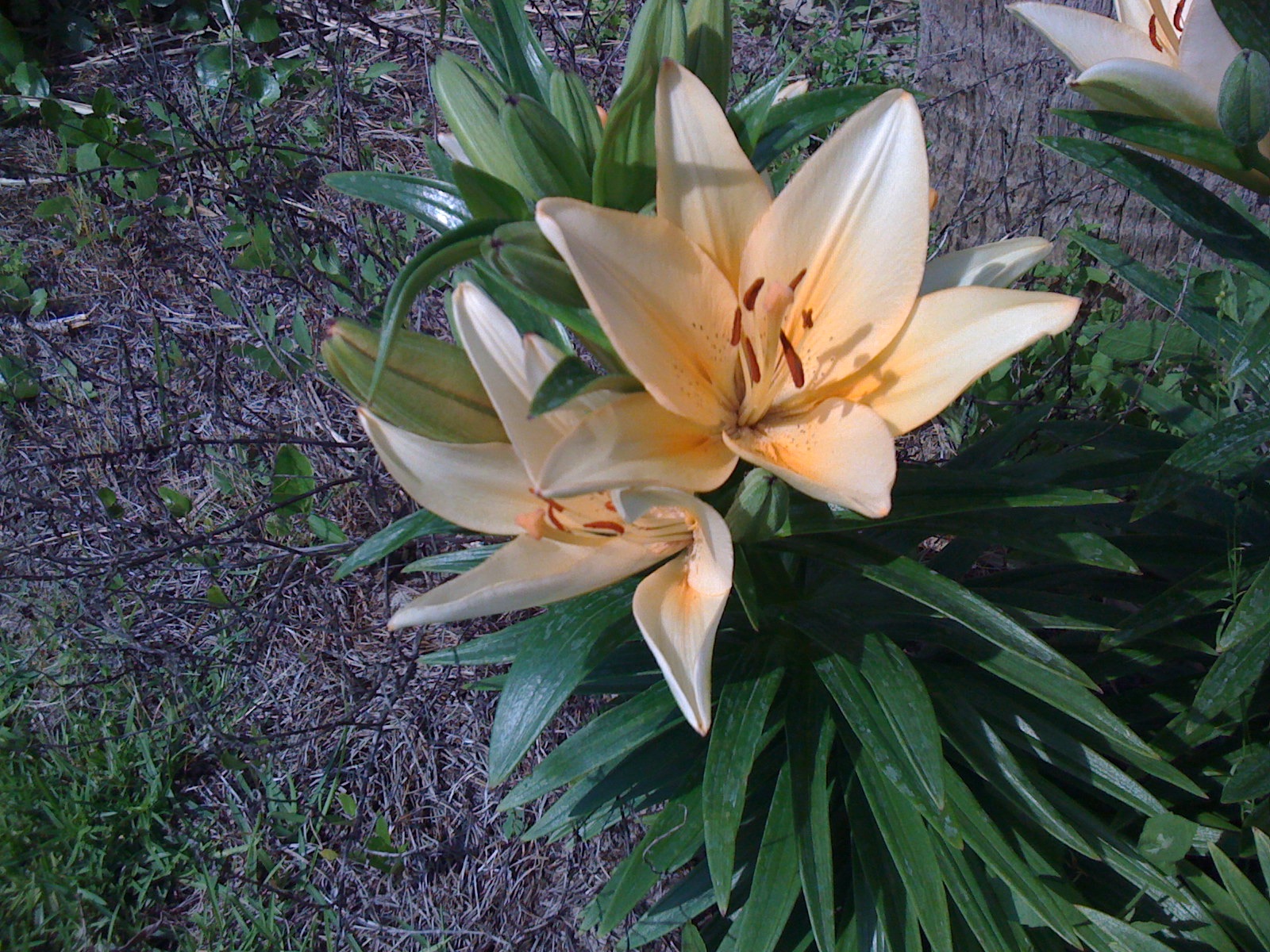I listened to a podcast this past year from NPR called Consider This. The episode, Emotional Impact of the Israel-Gaza Conflict on Jewish and Palestinian Americans, aired on October 15, 2023. The host, Scott Detrow, interviewed two women about the situation in the Middle East and the associated loss and grief that were and are being experienced by everyone in that region after months of conflict. Once again, I have to say that my blogs have never been political ones, but it is remarkable to me how many geopolitical conflicts and tragedies lead to mental health issues and crises. The human spirit can go through a great amount of conflict, pain and loss and is still quite resilient in the end.
Aziza Hasan is the Executive Director of NewGround: A Muslim Jewish Partnership for Change. Alyson Freedman is a member of the Sisterhood Salaam Shalom. Both women addressed some common issues and discussed how they are trying to deal with them to bring positive change.
It has been quite obvious to me, with the death tolls rising higher and higher in Israel and Gaza, that many people in that war torn area are already dealing with extreme conditions, stresses that most people will never know, and horrific loss of friends and loved ones. There will no doubt be extreme reactions to these stresses. There have been wailing, tears, shouts, screams, and extreme expressions of hate and vows for revenge. Continued acute cute stress reactions will be common, with post traumatic stress coming later. Shock and disbelief will go on for months and years.
It is not easy to watch this terrible tragedy unfold on television, on the internet and elsewhere, and most of us are unable to do much of anything of substance to help right away, much less to influence the ongoing events or the eventual outcome. We feel impotent. We feel hopeless. We ourselves, even on the periphery of this horrific series of events, are vicariously traumatized by the horror of it all.
What did these two women say they were trying to do to alleviate the suffering and impact the horrific responses of the traumatized? You will likely think that these approaches are simple, and they are, but they are at the same time very profound. We need to listen to each other’s pain, they said. Not just simple, half hearted listening, but “checking in, being there for those who suffer, with the art of radical listening”. Referencing the trauma, “we need to hold this together because it is too hard to hold alone”. Both said that isolation can be felt on so many levels, and that words are often not enough to express the anxiety, jitters and hurt that is felt. “This feels unreal. There are no words to describe the awful.”
We can fall back on our traditions, and I am speaking for all of us here as I remember listening to the words of these women. We can simply be there as best we can, “bringing what they need right now”. “We can support people who are in pain. We can stand with those who hurt. We can take a breath, pause. We can look at not just the numbers, but at the people that the numbers represent. “We can rehumanize people.”
In my work in the mental health field I sometimes feel that I am sitting with someone in my office, or now talking with them via a telemedicine video feed, that I can do little to help. The medications I can prescribe are not enough. The words I say are not enough. The good wishes and advice and problem solving are not enough. It is exasperating and heartbreaking and demoralizing until I remember one thing. Sometimes, just being there is enough. I was taught many years ago in training that being present is a powerful way to offer hope. Sitting with someone who is in pain, sharing in that pain, and trying to feel that pain with them is enough. Sometimes, our presence, our willingness to sit with heartbreak and our capacity to care are the only gifts we have, and we should give them freely.
What opportunities will you have to be present, to offer hope and to share space with someone in pain this year?
